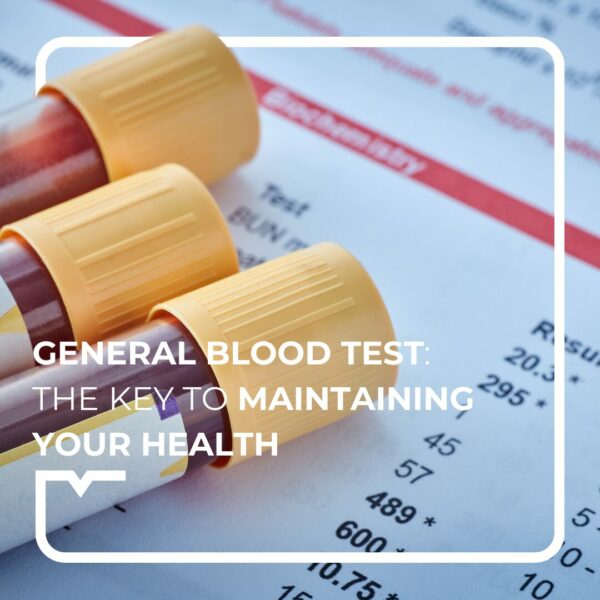Ejaculation problems: Regain confidence and pleasure
In this article, discover the causes, types and treatments of ejaculation disorders to improve your sexual health and well-being.
Read more

Gastroenterology is the medical speciality dedicated to the study and treatment of disorders of the digestive system. It covers a wide range of pathologies affecting organs such as the stomach, intestines, liver and pancreas, and incorporates advanced diagnostic methods, such as endoscopy, physiological testing and ultrasound, for an in-depth understanding of complex digestive disorders.
At Alegria Medical Centre, we also focus on neurogastroenterology, which is a specialised field within gastroenterology that focuses on the complex interactions between the nervous system and the gastrointestinal (GI) tract. It involves the study, diagnosis, and treatment of disorders affecting the « brain-gut axis » – the bidirectional communication network between the brain, central nervous system, enteric nervous system (which governs the GI tract), and the microbiota.
Neurogastroenterology recognises that conditions such as irritable bowel syndrome (IBS), functional dyspepsia or gastroparesis, chronic constipation or diarrhoea, oesophageal motility disorders, as well as chronic nausea and vomiting, can be influenced by factors such as stress, emotional health, diet and lifestyle, and often involves a multidisciplinary approach. It includes treatment options that integrate medical, psychological, dietary and sometimes complementary therapies, such as hypnotherapy, acupuncture and neuromodulation techniques.
The goal in neurogastroenterology is to improve patient quality of life through a deeper understanding of how brain-gut interactions contribute to GI symptoms, focusing on both symptom relief and the underlying neurophysiological mechanisms. Consultations for adults only.
Irritable Bowel Syndrome (IBS)
Chronic/persistent abdominal pain
Change in bowel habits (constipation/diarrhoea)
Rectal bleeding
Frequent reflux or difficulty swallowing food/liquid
Chronic bloating/abdominal distension
Fecal incontinence
Monitoring of chronic GI conditions such as inflammatory bowel disease
Family history of digestive cancer
Unexplained weight loss
Dyspepsia or gastroparesis
Oesophageal motility disorders such as achalasia
Chronic nausea and vomiting
INFORMATION: During the first consultation, which lasts around 40 minutes (subsequent consultations last 20 to 30 minutes), the gastroenterologist will gather detailed information on the reason for the consultation, medical history, allergies, lifestyle, and professional and daily activities. To prepare for this comprehensive assessment, it is advisable to bring all previous medical documentation (consultation reports and examinations), as well as an up-to-date list of current medication and previous treatments related to the reason for consultation. Please prepare and bring any questions you may have to ensure that your consultation is as efficient and productive as possible.
PHYSICAL EXAMINATION: During the examination, the gastroenterologist will palpate the abdomen and, in certain circumstances, suggest a rectal examination. If necessary, an intestinal ultrasound may be performed during the consultation to specifically assess your small intestine and colon, as a point-of-care exam (added fee to the consultation).
CANCELLATION: If you are unable to attend, please cancel your appointment 24 to 48 hours in advance. Cancellations made less than 24 hours before the appointment or no-shows will be charged.
Book an appointment
In this article, discover the causes, types and treatments of ejaculation disorders to improve your sexual health and well-being.
Read more

A complete medical check-up: much more than just a routine check-up, this is a key stage in detecting, preventing and preserving your health over the long term.
Read more

Testimonial: How therapist Claire Colson helped me overcome anxiety and depression.
Read more